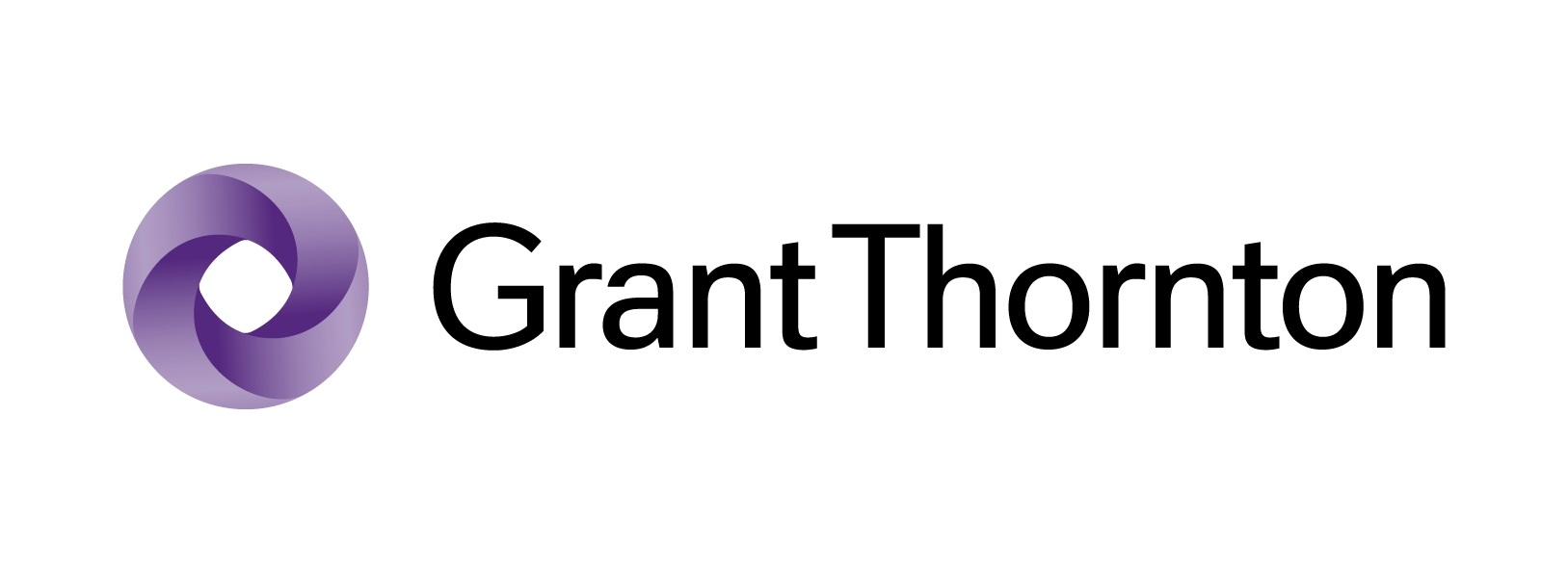The number of women holding senior leadership positions in mid- market businesses globally has hit 31% despite the COVID-19 pandemic affecting economies around the world, according to Grant Thornton’s annual Women in Business report.
Francesca Lagerberg, global leader at Grant Thornton International Ltd says: “Passing the 30% of women in senior roles globally is an important milestone for businesses, but not the end goal. Those businesses that want to reap the benefits of a better gender balance, must continue to take action to enable women to realize their ambitions.”
Seeing the proportion of women leaders rise to 31% is encouraging, given the global figure remained stubbornly stuck at 29% for the previous two years (2019 and 2020). It also passes the important 30% threshold, which research [i] shows is the minimum representation needed to change decision-making processes. All regions surveyed except for APAC (28%) have now surpassed the crucial 30% milestone.
Another encouraging finding is the types of leadership roles women are occupying. Grant Thornton’s research reveals higher numbers of women across operational C-suite roles compared to last year, with the proportion of female CEOs up 6pp to 26%, female CFOs also up 6pp to 36%, and female COOs up 4pp to 22%. The proportion of women in the more traditional senior HR roles was down slightly at 38% (-2pp on 2020), and has trended downwards since 2019.
Additionally, over two-thirds (69%) of respondents agree that in their organizations, new working practices as a result of COVID-19 will benefit women’s career trajectories long-term, despite potentially hindering factors which maybe down to the flexibility that remote working offers.
While the number of women in leadership roles has grown, questions remain over the impact of the COVID-19 pandemic on women, particularly working mothers. UN data shows that, before the pandemic, women did three times as much unpaid housework as men, and mounting evidence indicates that COVID-19 is only increasing this disparity – as well as adding the extra responsibilities of childcare and home schooling while schools are closed.[ii]
Francesca Lagerberg says: “Breaking the 30% barrier certainly does represent progress – having grown from 19% 17 years ago when we first started tracking this – but these gains can easily be lost. Reassuringly, 92% of businesses globally say they are taking action to ensure the engagement and inclusion of their employees against the negative backdrop of the pandemic and with the normalization of remote working, employers are becoming ever more flexible about how, where and when employees do their jobs.
“Now more than ever, businesses need to stay focused on what is enabling women to progress to leadership positions, so that women move forward rather than back as a result of the global pandemic.”
Thanks for reading CPA Practice Advisor!
Subscribe Already registered? Log In
Need more information? Read the FAQs
Tags: Benefits



